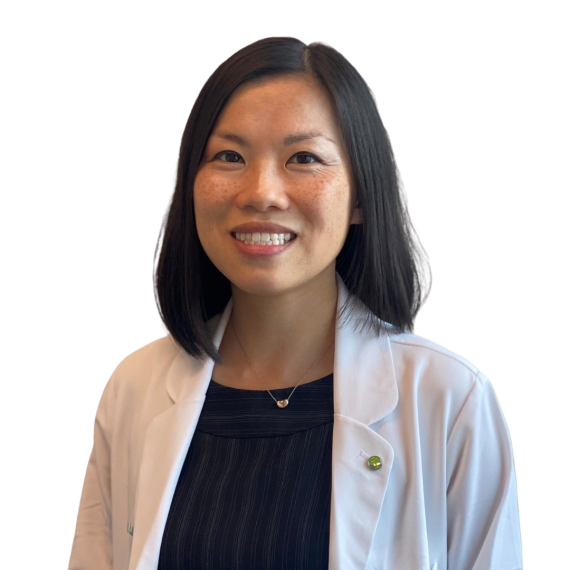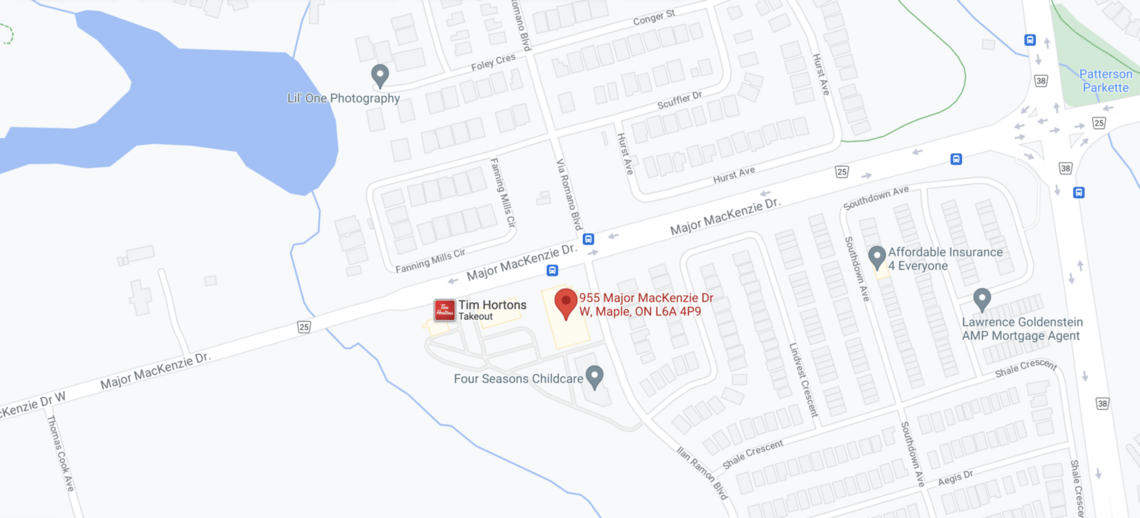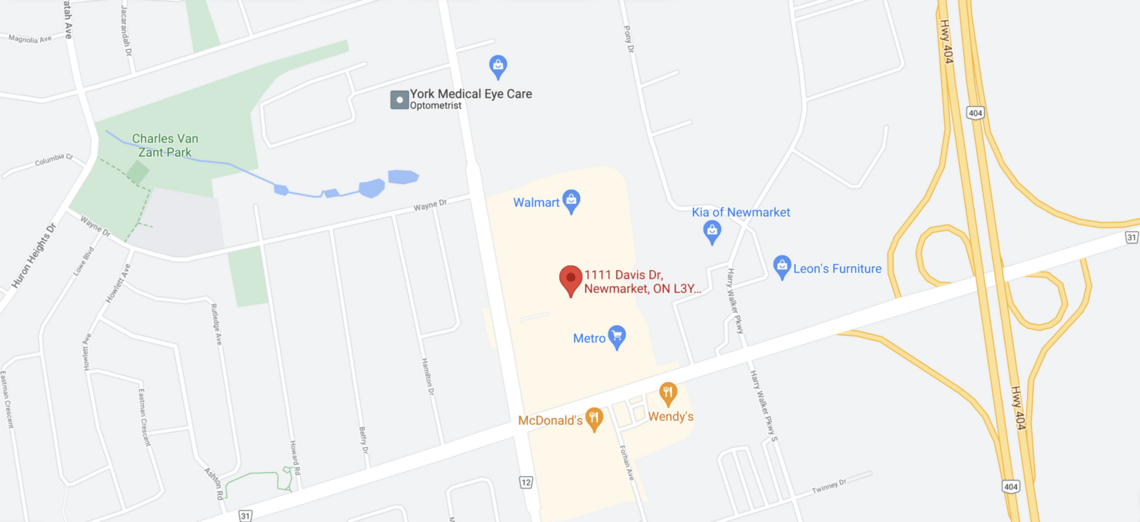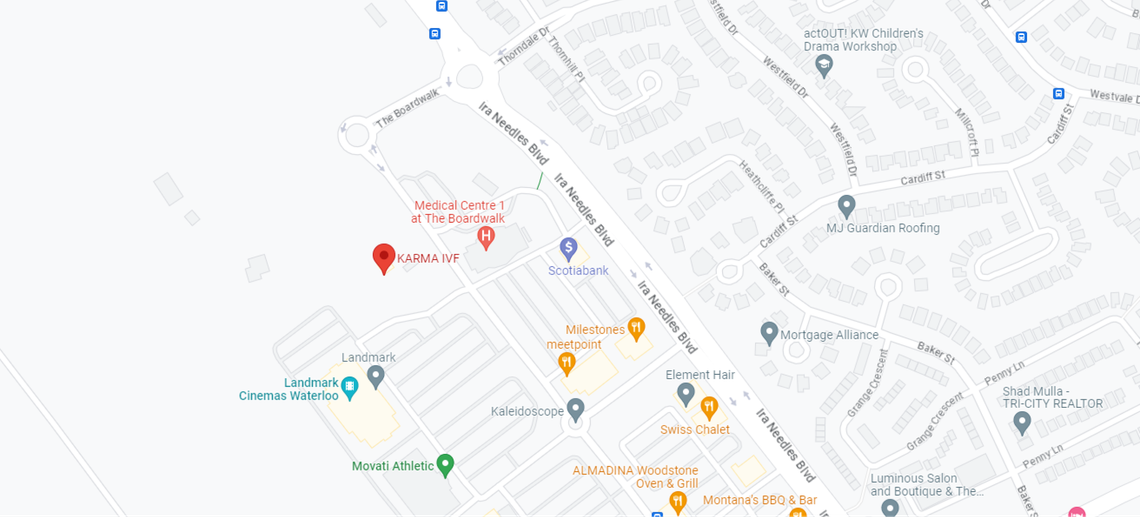causes of infertility
seeking fertility help
About the Author
 DR. INGRID LAI
M.D., MSc., FRCSC, GREI
DR. INGRID LAI
M.D., MSc., FRCSC, GREI

Dr. Lai earned her medical degree (MD) in 2012 from the University of Toronto. She completed residency in Obstetrics and Gynecology at the University of Toronto in 2017 and a fellowship in Gynecologic Reproductive Endocrinology and Infertility (GREI) from McMaster University in 2020. Dr. Lai is a Fellow of the Royal College of Surgeons of Canada (FRCSC).
She has authored several publications, presented numerous times at international conferences, and has been an invited speaker at various hospitals in the Greater Toronto Area for her research. She is a two-time winner of the Dr. JW Knox Ritchie Research Award at the University of Toronto Department of Obstetrics and Gynaecology.
See Full Bio




